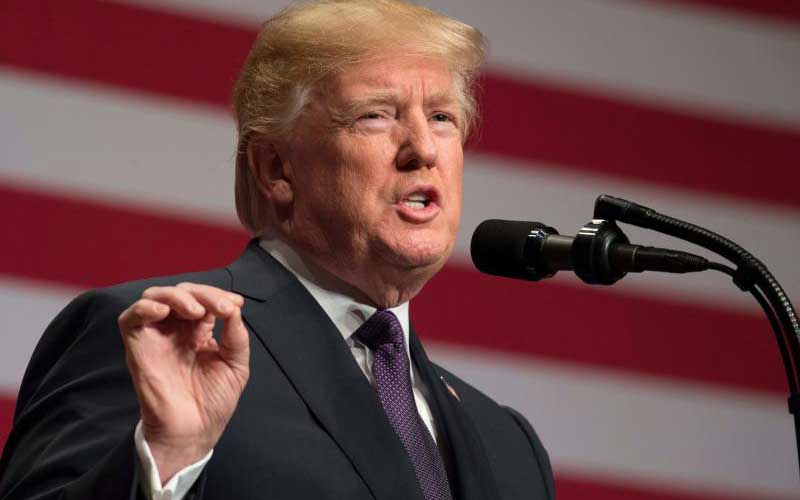×
The Standard e-Paper
Join Thousands Daily

The recent announcement by United States ambassador Kyle McCarter that US President Donald Trump (pictured) will be cutting down on foreign aid to Kenya came as a surprise to many of us.